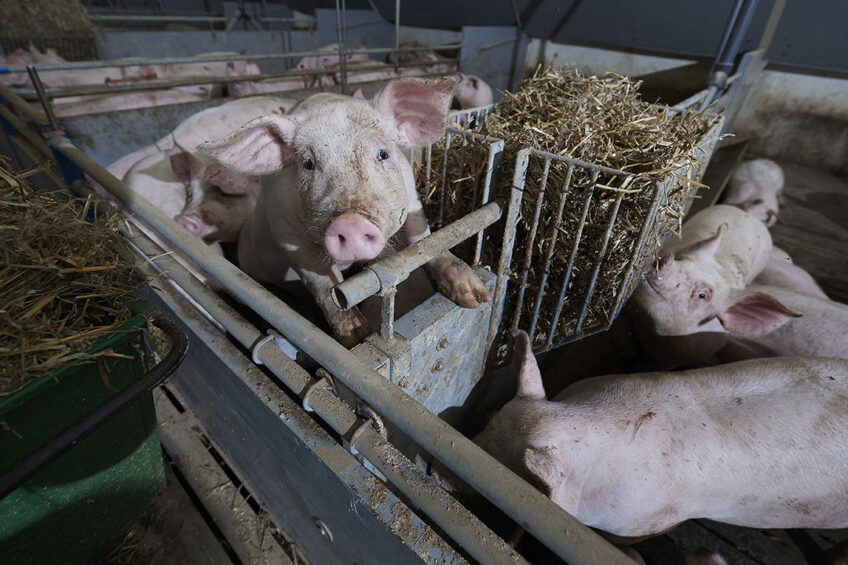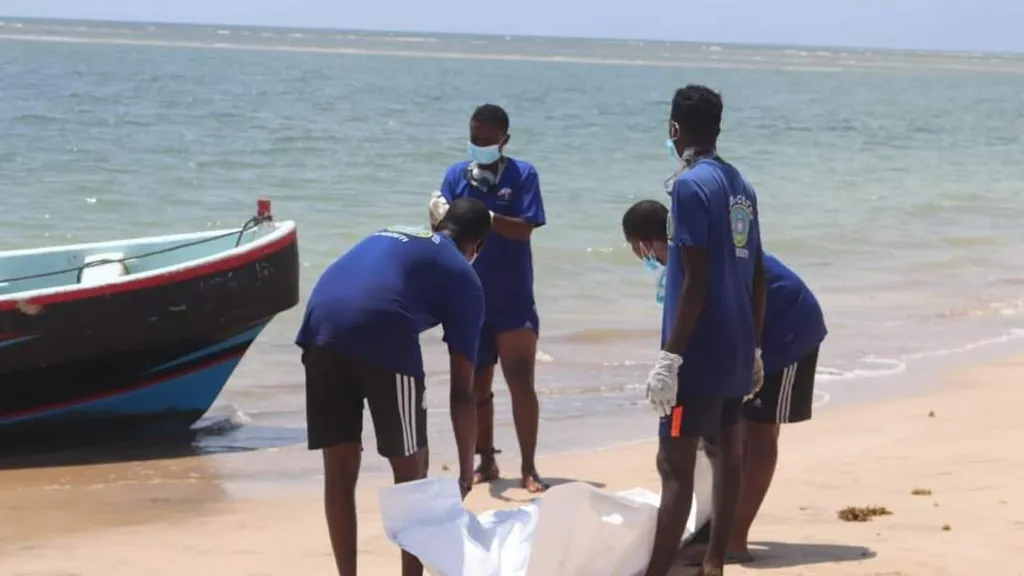Political tension is escalating in Mozambique following a contested presidential election that saw the ruling Frelimo party claim victory, a result opposition leaders and observers allege was riddled with irregularities.
The October 9 election saw Daniel Chapo of Frelimo declared the winner on October 24 with nearly 71% of the vote, while opposition candidate Venancio Mondlane of the Podemos party secured 20%.
The announcement has sparked protests across the country, with opposition supporters taking to the streets to voice their dissent. The unrest has turned deadly; according to Human Rights Watch, at least 11 people have been killed and over 50 injured in clashes with security forces. Mozambican police, however, have reported two deaths and 20 injuries, though details remain limited.
The Mozambique security forces’ violent crackdown on post-election protesters has severely increased political tensions.
HRW’s @zenaidamz talks about the violent repression happening in Mozambique ⤵️ pic.twitter.com/aKrtZHGo0e
— Human Rights Watch (@hrw) October 31, 2024
In response to the growing turmoil, social media access has been restricted twice within a week, with platforms like Facebook, Instagram, and WhatsApp partially blocked, according to the global watchdog NetBlocks. An earlier internet blackout occurred on October 25, the day after the election results were released, as protests intensified and security forces cracked down on demonstrators.
Mondlane, a former radio host turned opposition leader, has rallied his supporters through social media, despite these restrictions, calling for a nationwide strike from October 31 to November 7 to protest the disputed election. The impact of the strike was already visible by Thursday, with the capital, Maputo, quieter than usual as residents appeared to heed the call.
Police have responded by cautioning residents via text messages against participating in what they describe as “acts of sabotage,” while the public prosecutor’s office, while recognizing the right to protest, warned that those causing harm or damage would face consequences.
What’s happening in Mozambique? pic.twitter.com/xUWF0mLAKo
— NBS (@NBS_001) October 30, 2024
The Podemos party, which emerged as a formidable opposition force, is pressing for a recount, citing major flaws in the election process. Observers, including EU representatives, have also raised concerns about transparency. Following an appeal to Mozambique’s Constitutional Court, the court has requested election data from six provinces and Maputo, giving the electoral commission eight days to respond—a timeline critical to resolving the growing crisis.
As Mozambique grapples with social unrest, internet restrictions, and a politically charged environment, the outcome of these calls for accountability may shape the country’s democratic future.








